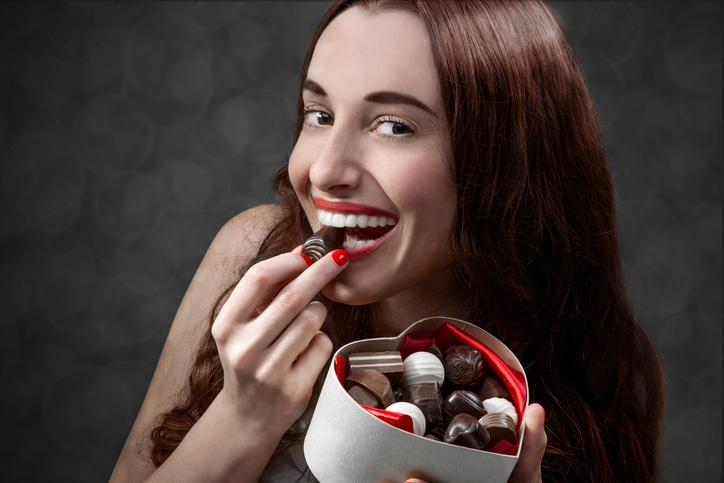Sensitive teeth can be such a drag – especially if you love ice cream! But did you know that there are a number of things that can aggravate sensitive teeth, including certain foods and brushing. What used to be a small annoyance can quickly turn into a painful problem.
While it’s true that desensitizing toothpaste can provide temporary relief, it’s still better if you can find ways to relieve sensitive teeth naturally and avoid pain in the future. Well, you’d be glad to know that with just a few changes to your daily routine, you can actually make a huge difference in how your teeth feel. But first you have to know more about sensitive teeth.
What causes the pain?
Many dental issues can cause sensitive teeth. If you focus on what causes tooth sensitivity can help you understand how you can treat it and even keep it from coming back. Tooth sensitivity is often triggered when you eat foods that are hot or cold. It can be caused by various factors including gum or periodontal disease, exposed roots at the gum line, tooth decay, aggressive brushing, and wearing away of the enamel.
If your sensitive teeth are caused by gum disease, infection, or tooth decay, you should see your dentist at once. Only when those oral health problems are addressed will you find relief from sensitive teeth. Some issues, however, like soft enamel may be habit-based or hereditary, making it easier to wear it down. In such case, you may be able to address sensitivity at home.
Like we mentioned above, changing your usual habits can make a big difference. You can try these tips to enjoy healthier and pain-free teeth:
Cut Down Your Intake of Acidic Foods
There are certain foods that can cause sensitivity. Some examples are citrus fruits, coffee, carbonated drinks, and even yoghurt. The reason for this is the way acidic products wear away tooth enamel. The best thing to do is to avoid them completely, but if you do enjoy drinking pop occasionally, do so using a straw to minimize the contact between the liquid and your teeth. Also, don’t brush your teeth immediately after drinking or eating acidic foods because acid softens the enamel so your teeth are even more sensitive if they are brushed too quickly. It is a good idea to drink a glass of milk instead to neutralize the acid first.
Replace Your Hard-Bristled Toothbrush
While brushing helps keep your teeth clean and healthy, a hard-bristled toothbrush and abrasive toothpaste can make your teeth even more sensitive. If your toothbrush is hard, swap it for a softer one. Also, make sure that you brush your teeth gently. Brushing harder doesn’t mean you’re brushing better, especially when you have sensitive teeth.
Protect Your Teeth at Night with a Mouth Guard
A lot of people grind their teeth at night – sometimes even without realizing it. Bruxism can wear away the enamel and result to sensitive teeth. A mouth guard can help protect your teeth from grinding. You can visit Pickering Square Dental to have one fitted for you.
If you’re suffering from sensitive teeth, you should know that using desensitizing toothpaste is not your only option. Following the tips we gave can help you achieve less sensitive teeth naturally. If you want more helpful tips for your sensitive teeth or for any oral health concerns, don’t hesitate to contact Pickering Square Dental!










